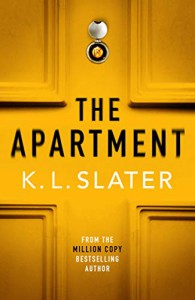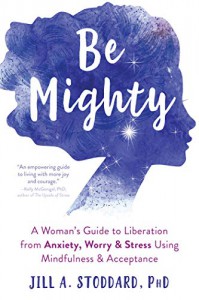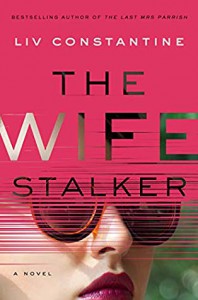
With a disturbing cover that is eerily compelling, Sin Eater by Megan Campisi cements that sense of unease with a story that is a chimera of mystery, historical fantasy, and socio-political commentary. Set in a fictional Britain that winkingly resembles that of the 16th century, the book borrows recognizable elements from that time period and uses them as a springboard for Campisi’s own imaginative interpretation. In her opening notes, the author explains that Sin Eaters did exist, but their genesis and the myths surrounding them are mostly undocumented. Apparently, these outcasts symbolically removed a dying person’s sins by eating bread laid out at their sickbed or funeral. This novel is Campisi’s attempt at building a deeper first-person narrative based on the meager details available. Orphaned and rejected by relatives who steal her home from under her, May is jailed for stealing bread. Sentenced to serve as an apprentice to a Sin Eater, she has no idea why her relatively small transgression warrants such extreme punishment. May receives a brand of an “S” on her tongue and a heavy yoke-like collar that will perpetually advertise her lowly station for the rest of her life. No longer allowed to speak, she is condemned to be untouchable and fated to serve “Eve” (the book’s version of Satan) after her death if she neglects any part of her duties. These responsibilities include hearing last confessions, ordering specific foods to be prepared based on the sins committed, and consuming them upon the person’s death. She thereby absolves the deceased of wrongdoing and transfers the sins onto her own soul. Every town needs a Sin Eater, one who is tolerated as an unwelcome but necessary part of every citizen’s life. May learns the rituals from the town’s existing Sin Eater, a slovenly older woman whom she dubs Ruth since they cannot speak to each other. May heartbreakingly tries to wring any possible affection from her teacher and forms an attachment despite her rough treatment. The premise of this novel is fascinating, but the storyline become a bit muddled when the two Sin Eaters are called to the Queen’s court. While performing their ritual, they are exposed to activities that some powerful people want to conceal, thereby endangering their lives. The book then morphs into a murder mystery involving court intrigue, religious intolerance and disputes about succession to the throne. The events described reference the turmoil seen during the reigns of Bloody Mary and Elizabeth I. Those who are unfamiliar with this historical period may miss many of the nuanced comparisons, and May’s use of nicknames for the characters she encounters can be difficult to decipher. The best parts of Sin Eater are outside of the central mystery—the plotlines depicting May’s discovery of kindness and kinship with fellow pariahs and her gradual realization of her own power within the social hierarchy. Ironically, the nature of her position and the fear it inspires serves as a source of freedom and provides unfettered access into all echelons of society. Original and well-written, Megan Campisi has taken a disturbing footnote from history and embellished it into a commentary on corruption and the price of freedom. Sin Eater is rewarding for those who persevere, enduring the twisting and somewhat divergent paths that the book wanders down along the way.
Thanks to the author, Atria Books and NetGalley for an advance copy of this book in exchange for an unbiased review.

 4
4


















